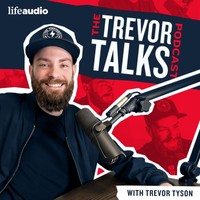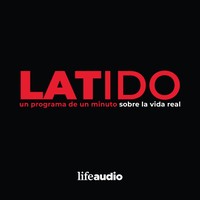Daily Devotional, November 3, 2011 "Boring?"
November 02, 2011
Boring?
read›
Matthew 1:1
Mary gave birth to Jesus, who is called the Messiah (v.16).
The gospel of Matthew contains the most important
news the world has known. Why then, is its
beginning so . . . boring? Genesis starts with epic
majesty: “In the beginning God created the heavens and
the earth.” In contrast, Matthew writes tepidly: “This is a
record of the ancestors of Jesus” (1:1). Yawn.
But, then again, Matthew’s list is fascinating! For it
mentions Gentile women. Why are they in an ancient
Jewish genealogy (normally reserved for men only)?
Because they’re a vital part of God’s redemptive story.
Tamar (Matthew 1:3), the first woman mentioned,
used subterfuge to conceive an heir for Judah (Genesis
38). Judah was ready to execute her for the crime of
prostitution—until he realized her actions were righteous.
He had been the real problem. Without Tamar, the
ancestral line leading to Jesus’ birth would have ended.
Rahab (Matthew 1:5) is primarily recalled for her . . . um
. . . profession (see Joshua 2). But she recognized God at
work in the world and courageously hid two Israelite spies.
Rahab became the mother of Boaz, who married . . .
Ruth, from Moab, whose godless people existed because
of their ancestor’s incest. Moab literally means “from
father.” You see, Lot had conceived children with his own
daughters (Genesis 19:30-38). But Ruth, his descendent,
chose to worship and follow the one true God. She became
the great-grandmother of David, who married . . .
Bathsheba, who is known for being that woman—victim or otherwise
(2 Samuel 11). She too is an honored ancestor of Jesus.
Last of all, of course, there’s Mary, that most blessed of all women, who
“found favor with God” (Luke 1:30).
Why does Matthew start with a seemingly mundane list? Because it traces
God’s astonishing story—the story of redemption.
—Tim Gustafson
more›
You can read Tamar’s captivating story in Genesis 38:1. What
cultural limitations and obstacles do you think she faced?
next›
What are you most ashamed of? What will you do to seek God’s
healing forgiveness?














